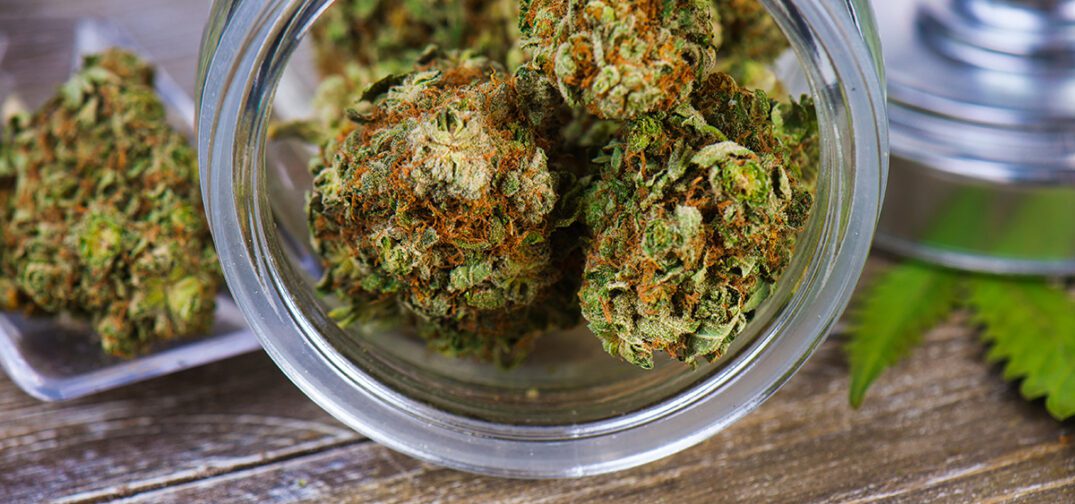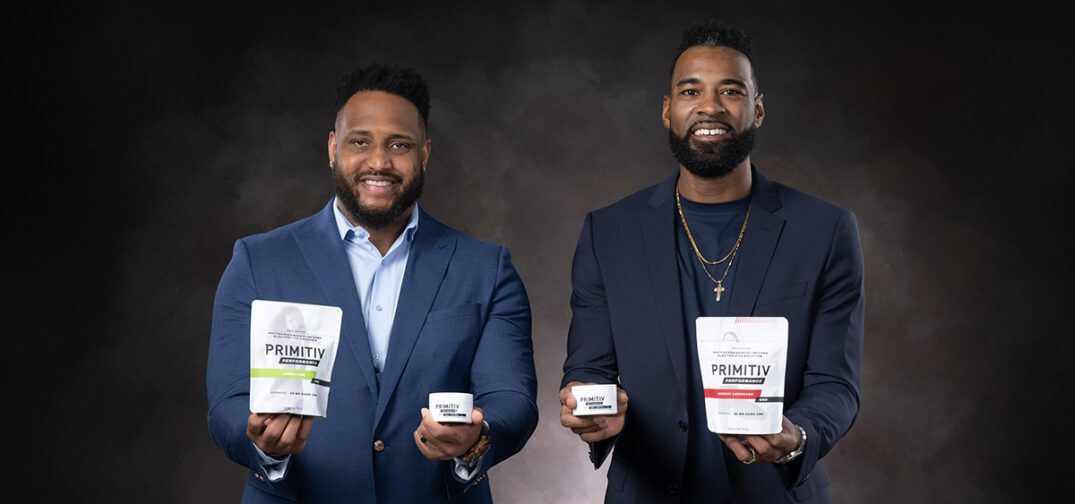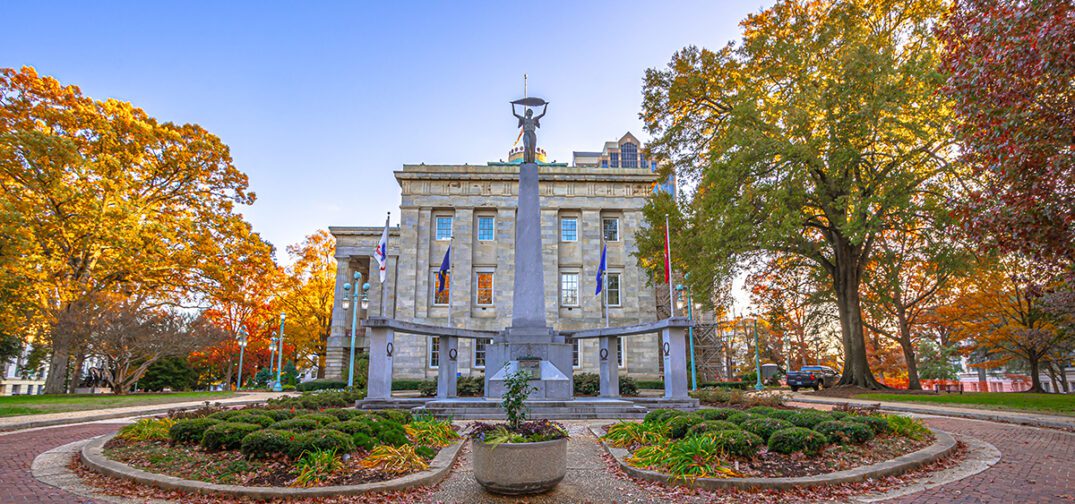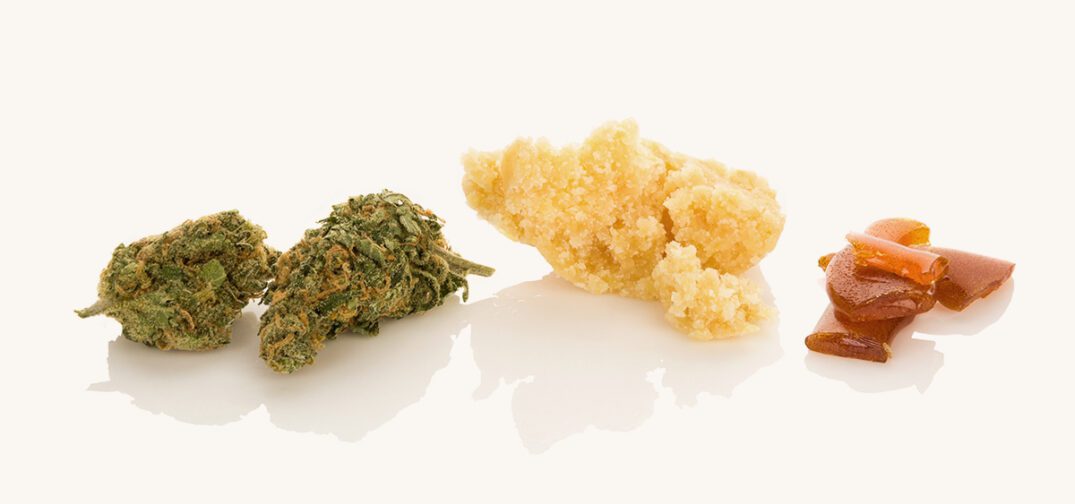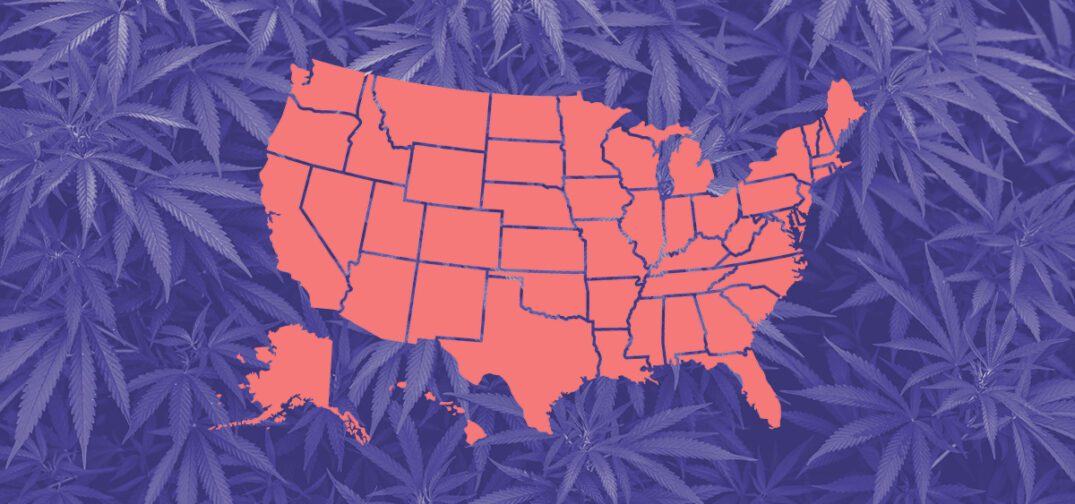Editor’s note: This guest editorial was contributed by Steve Knapp, the founder and CEO of SM Services.
A complex, technical, and attention-grabbing sector? That description applies to both cannabis and marketing. But many cannabis insiders aren’t equally versed on the ins and outs of effective marketing campaigns. Whether you run a B2B or B2C business, connecting effectively with customers requires a fair bit of know-how and understanding of the digital advertising landscape.
It’s easy to think a DIY approach to marketing your business will get customers in the door, but organic growth is easier said than done. Here are five common marketing mistakes and how you can avoid these pitfalls to get your brand in front of the right people.
1. When Marketers Wear Too Many Hats
Time and money aren’t always as plentiful as terpenes and cannabinoids in this industry. It can be tempting to overload your team with marketing tasks outside their expertise or capacity. Even if you can hire qualified marketing specialists, it’s easy to overextend those staff until they’re no longer nimble or effective.
Harnessing an effective omnichannel approach becomes difficult when marketers are distracted with too many responsibilities. Instead of piling on so many hats that your marketing team resembles a British wedding, go back to basics to ensure your strategy is clear and focused.
Establish a clear accountability map so each marketing team member knows exactly what they’re responsible for. Clear up communication roadblocks so that each stakeholder is both empowered and informed. Be honest about bandwidth. And don’t be afraid to rely on outside advertising experts and experienced strategists to establish up-to-date best practices or take over tasks beyond your team’s capacity.
2. Not Leveraging Website Traffic
Driving web traffic is a key goal of any digital marketing strategy. Your web presence can be invaluable to the success and longevity of your business. But you might be leaving crucial resources on the table if you don’t leverage all the data that comes with each visitor to your website.
Be sure to collect email addresses, phone numbers, names, product preferences, and more from all your digital visitors. Earned media platforms like Twitter, Facebook, Instagram, and LinkedIn might be the web equivalent of rental properties, but your email list is one of your business’s most valuable assets.
The more information you collect (within compliance regulations, of course), the better you can understand what makes your customers tick— and what appeal you hold for prospects. Use Google Analytics and other free developer tools to learn more about traffic behavior like top landing pages, button engagement, daily page visits and other trends.
3. Not Using Modern Technology for Programmatic Ads
Speaking of data-driven marketing tactics, programmatic advertising — which automates your media buying process — has grown by leaps and bounds in step with tech advances. While geofencing is a great way to serve ads and collect information about smartphone users in a specific area, it’s a mistake to treat that blanket approach as if it were a real strategy.
It’s best to only serve ads to active cannabis or CBD shoppers — this ensures your ads reach the most relevant audience possible. Retargeting — that is, serving ads to someone who has already visited your site or is otherwise flagged as a lead — ensures your programmatic/geo-targeting efforts are successful. Retargeted ads do this by increasing the number of customer touchpoints for relevant audiences and keeping your brand top of mind as they make purchasing decisions.
That’s not the only way to target your programmatic ads. Spending your advertising dollars on placements where your core audience is spending their free time is also smart. If you can catch your audience at leisure on websites and gaming apps when they are in a relaxed, positive, and comfortable state of mind, you increase the chances of not only positive associations but also impulse purchases.
4. Not Following Critical Cannabis and CBD Ad Regulations
One of the biggest mistakes cannabis operators can make is to think marketing compliance isn’t as important as OSHA regulations or childproof packaging. Different legal states have their own marketing or advertising regulations for cannabis and CBD, of course. But digital advertising is subject to extra scrutiny because it must be compliant with state regulations as well as the terms of service set by Google and other major search engines, as well as social media platforms.
Be sure your marketing team is deeply familiar with local guidelines on restricted verbiage and imagery, as well as required verbiage and regulations on ad placement. Don’t rest on your laurels, either — regulations can and do change over time, so it’s important to stay up to date. It’s important, too, to keep one eye on developments in the alcohol, tobacco, and Big Agriculture industries to see what kinds of regulations the federal government might impose when cannabis is eventually legalized.
5. Not Selecting a Workable e-Commerce & Merchant Processing Solution
It might seem like federally legal CBD is the darling of e-commerce platforms large and small. But not all e-com solutions and merchant processors are hemp friendly. This is a critical consideration for new CBD brands and startups hoping to have an online retail presence.
Before you invest in building a website, make sure you have an online store solution and a merchant bank that will support your business. Vet your vendors and financial networks carefully — you don’t want your site to get shut down, or for critical revenue to get tied up in electronic banking purgatory.
And of course, do ask trusted partners and marketing experts for recommendations that have proven out. It’s easy to avoid many marketing mistakes if you go to your community for a gut check, and follow the lead of experts who have been finding effective solutions year after year.









